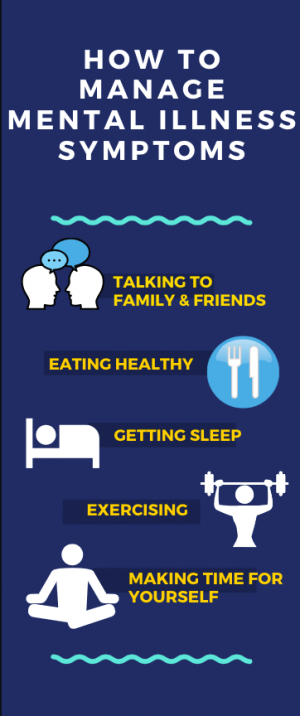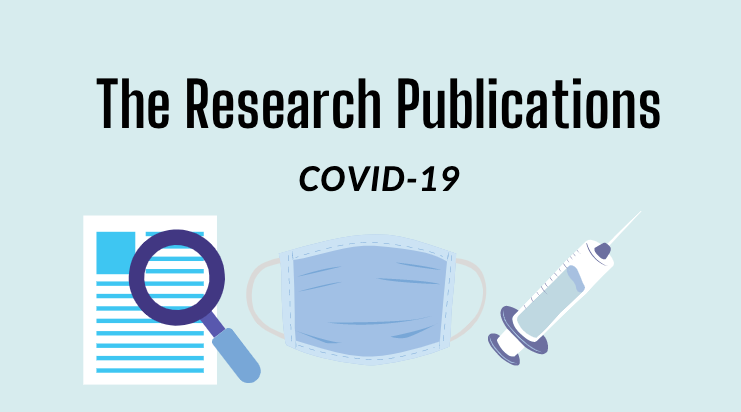COVID-19’s impact on mental health
The PV Student Publication has partnered with The Research Club to publish a series of research essays entitled “The Research Publications.” This essay explains methods that people can follow in order to manage mental illness symptoms during the pandemic.
(Editor’s Note: The PV Student Publication has partnered with The Research Club to publish a series of research essays related to topics of COVID-19. All research essays are written and fact-checked by members of the Research Club, and The PV Student Publication is rolling out these essays as a service to our community. This essay explains methods that people can follow in order to manage mental illness symptoms during the pandemic. This essay is written by sophomore Eva Senande, fact-checked by sophomore Minche Kim, and edited by senior Elise Schicker).
During the COVID-19 pandemic, symptoms of depression in the USA were 3 times higher than before the pandemic.[6] [9] Over 40% of adults have reported struggling with mental health or substance abuse as a result.[8] With over 300,000 people who have passed away from COVID-19 in the USA alone,[10] these new feelings are understandable.

There are several factors contributing to the rise in mental illnesses. A study conducted in October showed that an increased intake of media due to the pandemic has caused much anxiety for all ages.[1] [11] Other factors, such as the lack of human contact due to social distancing, have caused feelings of isolation and loneliness which have led to stress and anxiety [1]. Financial instability, virtual learning, disruption of routine, illness, fear of illness, and loss of loved ones have also contributed.[1] [6] [7]
Some symptoms that one may be experiencing mental illness or emotional distress are changes in sleep or eating patterns, increased use of substances, feelings of hopelessness or extreme sadness, difficulty focusing, and insomnia. Irritability, loss of interest in activities, decreased interest in personal relationships, decrease in academic effort, and increased lack of hygiene are also signs. [1] [5]
Even though mental illness is on a rise, there are still methods available to manage the symptoms. For example, talking to family, friends, or a therapist can help immensely. Taking care of your body by eating healthy, getting sleep, and exercising can also help. To combat the lack of social contact everyone is experiencing in this pandemic, find ways to spend time with friends safely through video chats or from six feet away and with masks. It is also important to find time for yourself by doing things you enjoy such as reading, watching tv, listening to music, playing video games, etc. [1] [2] [3] [4]
If you feel that your mental health is slipping, you should immediately go talk to someone you trust such as a therapist, family member, or friend. If you are having any suicidal thoughts, you should call 911 or the National Suicide Prevention Lifeline at 1-800-273-8255. To find more information or get a treatment referral, you can call the SAMHSA’s National Helpline at 1-800-662-4357. [1] [12]

















